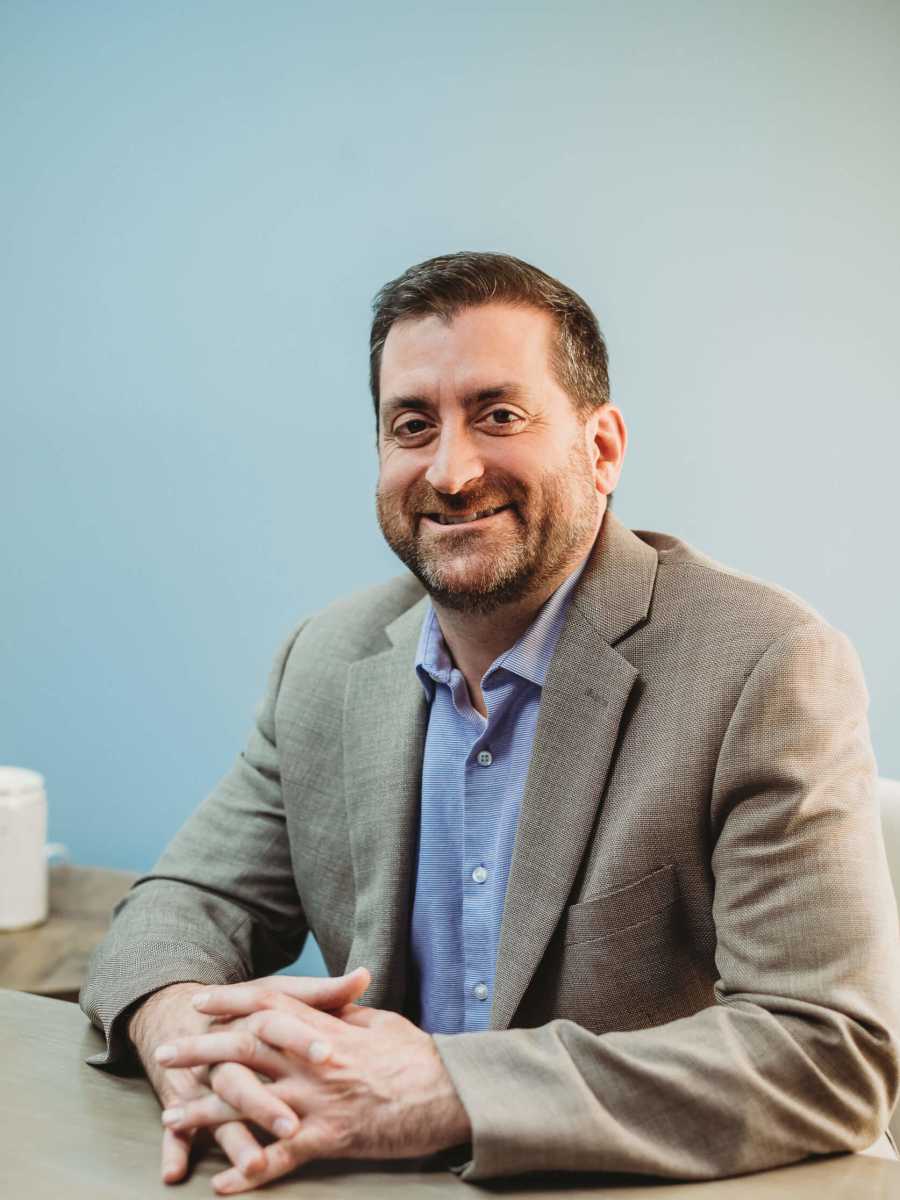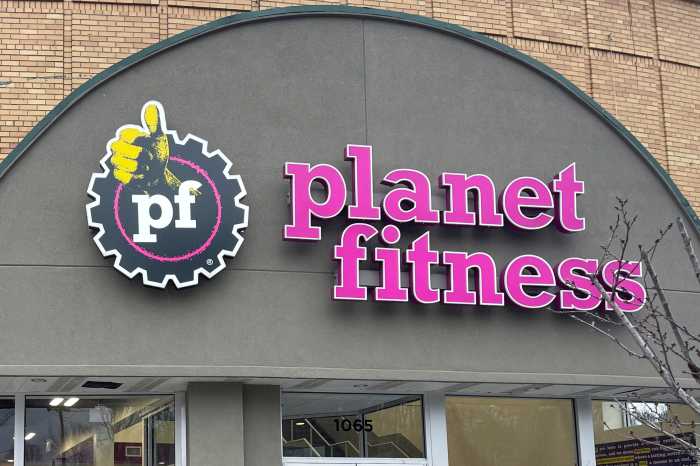Twelve percent of the U.S. population suffers from migraine, and a staggering 18 percent of women. It is actually the third leading cause of disability in people under 50 because more than 90 percent of sufferers are unable to work or function normally when a migraine strikes. Metro caught up with Patrick Sullivan, D.O., who works in a neurologic emergency department and is the founder and medical director of Initia Nova—one of New Jersey’s leading treatment centers that focuses on treating chronic headaches, depression, PTSD, anxiety and addiction.
What are migraine headaches?
Migraines cause severe throbbing pain, usually on one side of the head, and are often associated with nausea, vomiting and sensitivity to light and sound. They typically last anywhere from four to 72 hours, and some people get them almost every day. Depression, anxiety and sleep disturbances are also common for those with chronic migraine. Cluster headaches and trigeminal neuralgia are other types of painful headache that can be just as debilitating.
What is the unmet need in treating headaches?
There are roughly 39 million people who suffer from migraine in the United States, yet there are only about 600 headache specialists available. Most people continue to suffer because their existing treatments don’t work, and they are unaware that there are new and highly effective treatments available.
What are the new treatment options that you offer?
There are several newer migraine medications coming out in pill form, injectables or infusions that have fewer side effects than the older headache medications. Significant relief can also be achieved from simple nerve blocks done right in the office. Additionally, there are several advanced treatment options such as ketamine infusions and transcranial magnetic therapy for both acute and preventative treatment of migraine. The key thing to remember is that every patient is unique, and we often need a variety of treatment options to provide optimal relief.
What exactly are some of the advanced treatments that patients can’t get from their regular doctors?
When it comes to chronic headaches, you want to go to someone who’s up to speed on the latest treatments. Peripheral nerve blocks use a tiny needle to inject a numbing medication called lidocaine into your scalp around the nerves that trigger headaches. Trigger point injections place lidocaine into head and neck muscles to help relieve tension and spasm. A sphenopalatine ganglion block is a highly effective and painless procedure that sprays lidocaine into the back of your nose, and often stops headache pain in its tracks.
We also offer several infusion therapies such as magnesium, lidocaine and ketamine. Ketamine infusion therapy has been used for years at Initia Nova and large university centers to treat and prevent frequent or chronic migraine. It is also very effective at treating depression, PTSD and anxiety. Finally, transcranial magnetic stimulation is a new and exciting treatment option for those who don’t want to take medications.
How can I learn more about these treatment options?
Email Initia Nova for a free phone consultation at Info@MyInitiaNova.com or call 856-446-6961.

































